December 16th, 2023 – Your Hobbies Can Make You A Better Scopist
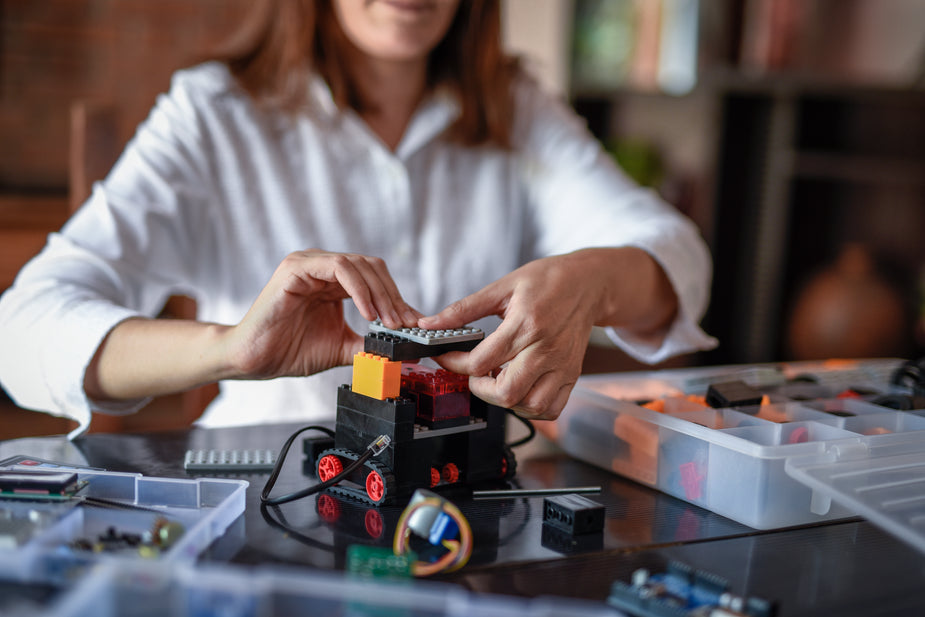
I’ve said it before and I’ll say it again, it’s important to have hobbies. There are a lot of reasons that hobbies are necessary for things like your mental or physical health and work-life balance. Making time to pursue the things that you love is a gift, and we should take advantage of it if we can. Having hobbies in general can provide excellent benefits. They teach you time management. They offer you a reprieve from a stressful activity so you can refill your dopamine. In my life, I have noticed that my hobbies have taught me a lot of other valuable skills that I have been able to transfer into my work as a scopist.
With this post, I am hoping to show you how your hobbies can teach you ways to be more efficient and productive in your work life, as well as encourage you to take that time to pursue them for your mental health benefits.
I think it would be too easy to tell you that one of my hobbies is reading, because it is obvious how reading can be beneficial for a scopist. That doesn’t teach you anything about trying new things or finding value in seemingly unrelated tasks. Instead, I want to tell you how my interest in music and exercise has taught me lessons that helped me be a better scopist.
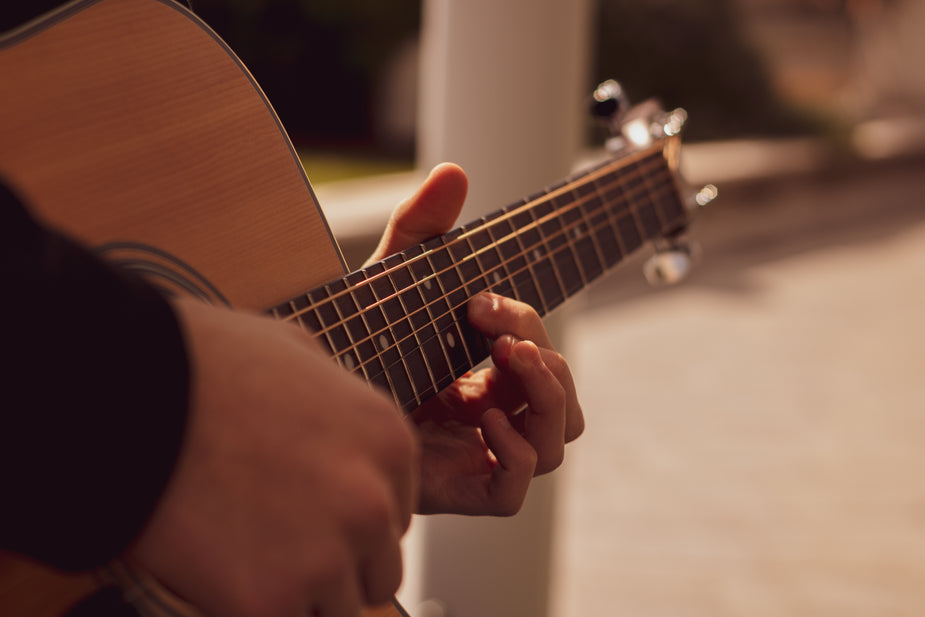
Music
I have been playing musical instruments to better myself for a long time, it has been one of my hobbies for most of my life in fact. From violin, to piano, to flute, to ukulele. I always enjoyed being able to express my feelings with music or simply keep myself occupied. It took me well into my adulthood to realize that this skill was useful for my work – more recently as a scopist – not just for my amusement.
I can adjust quickly to new situations
When I started learning music, I wanted to incorporate my music with other people’s. That meant playing with others. This is stressful as all get out, but it taught me a lot about adaptation and trusting myself. When you must set a rhythm, or match someone else’s, play the right harmony and melody, and stay in the correct key, it teaches you how to think quickly. You learn how to adapt to your environment and swim rather than sink. It is exhilarating- when I’m not panicking. I have taken these skills into my work as a scopist. People are depending on me to make quick decisions, adapt to new situations, and adjust to the environment. Having experienced this in my hobbies made it easier to do it in my work life.
Made me a quick learner
When I played in an orchestra, my conductor would give us sheet music and we would have to play it immediately. Reading music is like reading a book – you don’t get to look it over beforehand so you can figure out how it goes. No. You start from the beginning, go to the end, and hope for the best.
You have to learn different styles or read many different types of music sheets without a lot of warning because other people are depending on you to play your part and complete the artistry. If you can’t read and understand it quickly, your failure sets everyone else behind. This level of expectation made me better. Maybe it was anxiety, panic, or the fight/flight reflex, but it made me an incredibly quick learner.
I can pick up skills and information quickly with very little preparation. Also, I have figured out my learning styles, and how to teach things to myself. Now I know the resources to find, the methods to use, and the time I’ll need. I learned this from being thrust into an orchestra and being told, “You’re first chair. Don’t F it up.”

Exercise
Suffice it to say, I have not always been keen on exercise. I played sports competitively in high school and university. But, I didn’t like going to the gym and I HATED working out with other people. My attitude was, “Nope. I grew up overweight and didn’t lose it until I was an adult, I’m not going in there. Nuh uh.”
It doesn’t take a genius to realize this didn’t get me anywhere, or make me better in any way.
However, once I found my motivation to start, it became a hobby I enjoyed. It remains on my list of go-to hobbies and habits today. This is because it has taught me so much more than just how to take control of my physical health.
Better Dedication and Commitment
When I first started going to the gym seriously, attempting to lose weight and gain muscle, it was a battle to go every single day. I had to find the motivation. I had to hold myself accountable. I had to rely on my sense of dedication and commitment. I had to learn those things and how necessary they were before this became a real hobby.
Once I understood the significance of not giving up on yourself and continuing even when things are difficult, it built a different kind of work ethic in me. I was able to transfer this skill to my scopistry. Even when things are difficult, even when I don’t want to do it, I can stick with things, I can complete difficult tasks. I experienced first-hand the benefits of committing yourself to the process, so I applied that to my work as well. It has made me a better scopist.

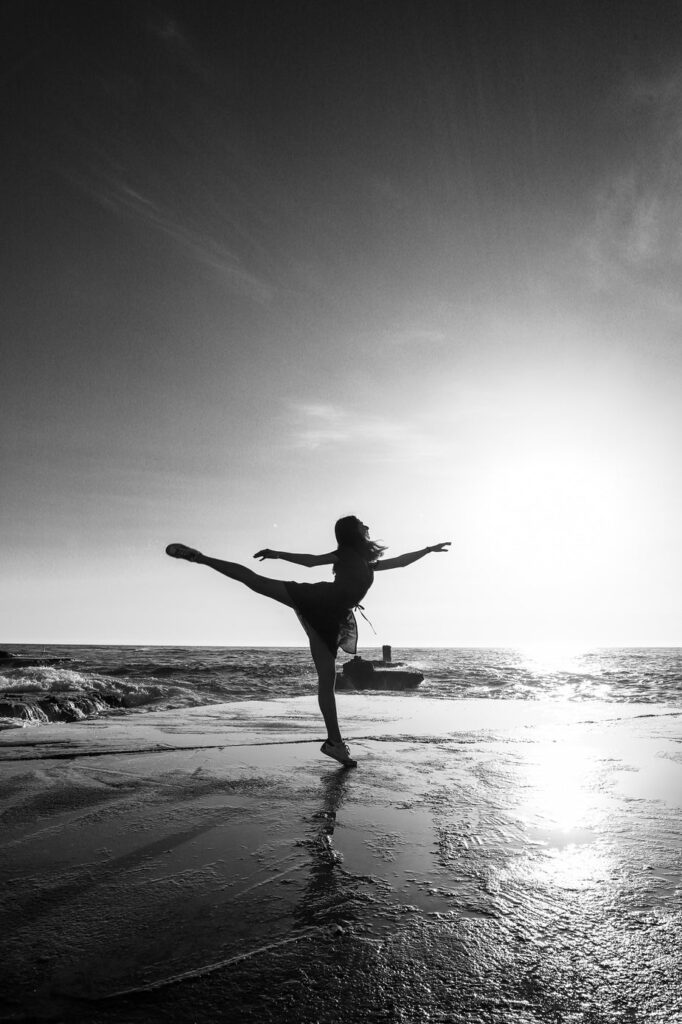

The right attitude
You’re not great at everything right away. And that’s okay.
It hurts to write that.
I have an attitude of “if I’m not great at it right away, I don’t want to do it.” This is more detrimental than anything. Stepping into a gym and staring like a deer in the headlights at all the equipment made me want to turn tail and get out of there. I ran on a treadmill for the first few weeks just observing everyone else and how they used the equipment. It was probably creepy, but it was the only way I felt comfortable starting out. I kept worrying about embarrassing myself, or people criticizing me, or staring at me (oh the irony.) I had to accept that everyone had been there before, everyone started somewhere. If I am not good the first time that I do something, that’s a normal experience. I had to give up on other people’s opinions.
This lesson has been useful not just in my work life (as a scopist and beyond), but in my personal life as well. I know it’s not realistic to be good at everything right away, no matter how quick of a learner I am. I won’t be perfect immediately, 100% of the time. That doesn’t mean I shouldn’t try, persevere, and learn. This shift in my attitude has got me through a lot of stressful and difficult situations in my work life. It encouraged me to trust myself and work hard to get to that finish line. It’s all worth it for the confidence you get by achieving your goal at the end.
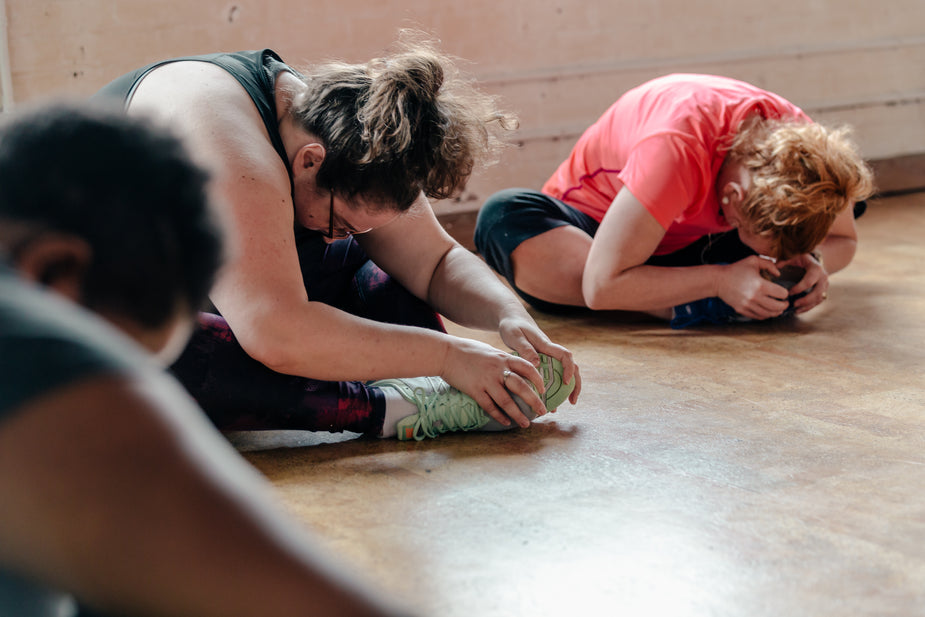
It’s okay to ask for help
You don’t know everything, and you don’t have to. You can look for answers, ask people for their opinion, and no one will think less of you for having the courage to say, “I don’t know that answer right now, but I will.” I used a lot of resources to help me figure out what I was doing in the gym: YouTube, Instagram influencers, trainers at my gym, and even friends/family. This allowed me to get over the hurdle of asking for help a lot faster than I thought I would- and thank goodness for that.
I have no fear of asking for the things I need to be successful in my work life. No longer do I cower if I have to ask someone how to do something, or if they know a better way for me to succeed. I think of the end goal: I need to know this so I can help my client. In the gym, the end goal was different: I need to know this, so I don’t break my neck. Either way, I needed the information. Now, I know it’s in my best interest, and the best interest of everyone involved, that I ask for help when I don’t know something.
—-
And that’s it! That’s what I’ve learned from my hobbies. I have applied all of these to my current work life and have seen a huge boost in my mental health, and productivity. If you like this post, please comment down below and let me know what you think. Make sure to stay tuned for a new post on the Next Step Scopist blog!
—-
Last Post: How To Stay Organized And Boost Productivity
Next Post: How To Manage Work Time and Family Time During The Holidays
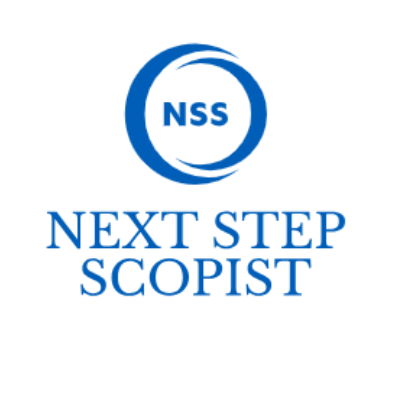
Leave a Reply